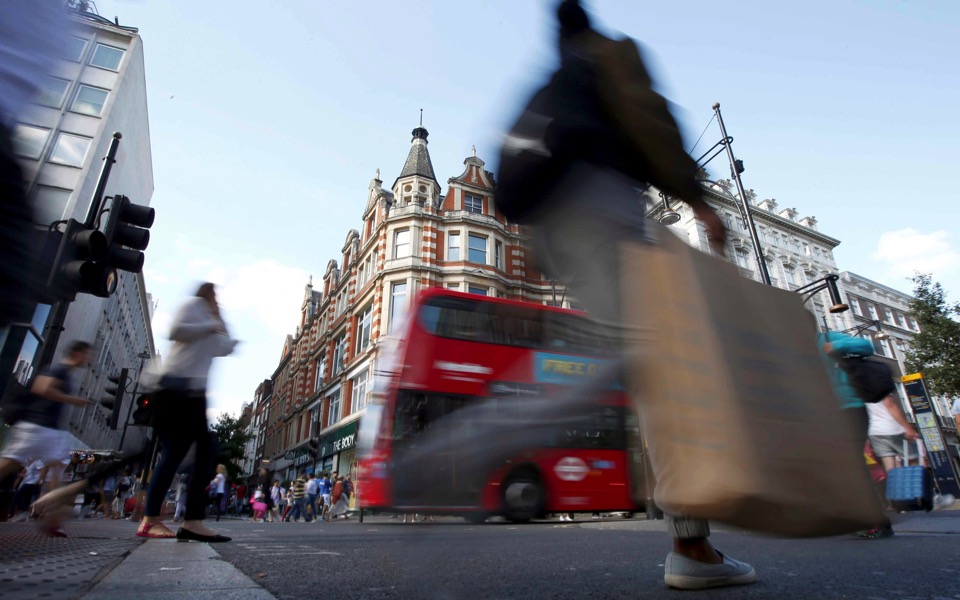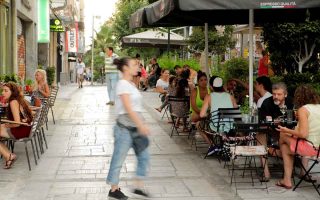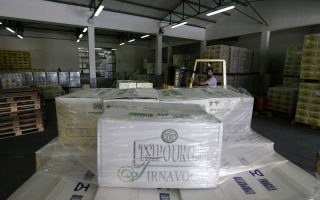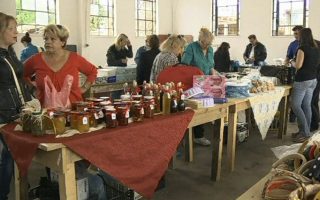Greeks in London still numb from Brexit vote

A dark cloud of uncertainty hangs over the prospects of Greeks – and other Europeans – working in London following the British people’s decision earlier this summer to leave the European Union.
Although negotiations for Brexit have not even started yet, the emphasis placed by the champions of the “Leave” campaign on stemming immigration inflows, as well as the referendum’s negative impact on economic activity, appears to have raised concerns among Greeks in London.
G.S. has lived in the British capital since 1997, when he went to study there. Now he works in the real estate sector, buying, selling and flipping properties. “The situation is already different with the crews working on the construction sites,” he says. “The English workers ask the Polish, Romanian and others how long they’ve been in the UK, why they came and other such questions. The climate is quite unpleasant.”
G.S. says that even though he is in charge of the crews, some of their British members have questioned his presence in the country. He adds that he already knows of several Polish construction workers who have returned to their home country, while rumors are also abounding that British workers will be given priority over non-British workers.
The slowdown of the property market – which is of such vital importance to the UK economy – is already being felt, as confirmed by Babis Ioannou, cofounder of and architect at ISV. “There is fear, which has led to a slump in activity,” he says. “Projects that were under way have frozen and buyers are numb.”
ISV London has a staff of two, both Greeks. Is closing the office a possibility? “It’s too soon to sell,” says Ioannou. “After all, we have invested a lot of time and money in getting to know the London market. We’re maintaining a wait-and-see stance.”
Brexit has presented different challenges for a Greek couple who moved to the British capital about 20 years ago. Grigoris Vaitsas and his partner Paulina launched a company called Isle of Olive, which supplies the London market with high-quality food and other natural products from Greece, about five years ago.
With no prior experience in the field, the pair started importing and selling product at markets and online. In 2013, they opened a shop in the up-and-coming district of Hackney in East London, partly because, as Vaitsas admits, they needed a space to store their products. “Before, we kept them at Paulina’s flat, on the third floor of a building without an elevator,” he says.
The company did well and this year was selected by Amazon to be one of the 55 stores that supplies the company’s new service, Amazon Fresh, which allows users to purchase fresh products online.
The decline of the pound in the aftermath of the referendum was the first worry they faced. “The Greek products we import, which did not get any cheaper because of the crisis, have now become very expensive,” says Vaitsas.
However, he says, they haven’t thought about returning to Greece, despite the difficulties, mainly because of the situation back home. Paulina already has a British passport and Grigoris is in the process of getting one.
Over at PeoplePerHour, a London-based Greek tech firm, there are also no thoughts of packing up and leaving. “This is a state that functions and gives incentives to entrepreneurs,” says Spyros Lambrinidis, the company’s chief technology officer.
Lambrinidis remembers the awkwardness that prevailed in the space the company shares when the referendum result was announced. “Everyone was sure Remain would win so none of them had gone to vote,” he says.
PeoplePerHour connects employers with freelance professionals for anything ranging from a few hours’ work to long-term contracts. Lambrinidis says that there has been a marked drop in demand for the company’s services from Britons since the referendum, but is optimistic that business will pick up again.
“As things stand, companies are more likely to invest more in short-term contracts than in new full-time positions,” he says.
Uncertainty appears to be greater among younger Greeks taking their first professional steps in London.
“Ambiguity regarding the future status quo has fueled a lot of debate among Europeans here,” says Victoria Seymour-Stathopoulou, who just completed postgraduate studies at Cambridge and is about to start working at a London startup in the area of digital applications in education.





